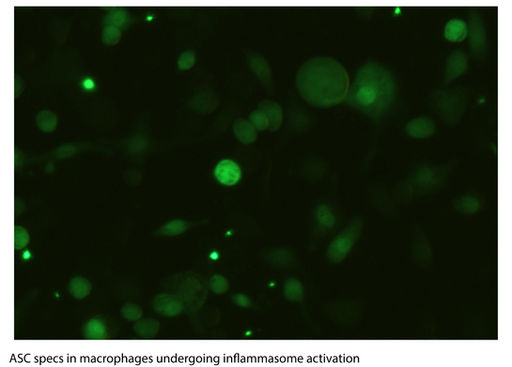

Macrophage cell dying in response to TNFR2
using Nanolive Imaging microscope
The Wong lab is a research lab in Zurich, Switzerland. We focus on understanding the patterns and underlying mechanisms behind cell death signaling and disease.
Our laboratory is interested in identifying how cell death signaling pathways can influence inflammation with the hope of identifying novel targets to turn on or off the immune system.
Determine how cell death signaling is involved in neo-vascularization and the potential role in vascular disease
Delineate how the TNF signaling pathways activate the inflammasome and how monogenic autoinflammatory diseases may influence cytokine storms
-
BME248: Basics in Immunology
Description: This course discusses basic immunology including fundamental characteristics of the innate and adaptive immune systems and the cell types involved, discrimination of self and non-self, as well as the interplay of immune cells in health and disease.
-
BIO431: Cell Death, Inflammation and Immunity, Spring Semester, 2nd Quarter
Description: Students join a laboratory, performing experiments for a current research project. In this course, students will be exposed to issues of data reproducibility, interpretation and presentation.
-
IDB401: Brain Biology
Description: Basic knowledge of the immune system as it pertains to the brain.
-
BIO668: Cancer Module A, Modes of cell death







